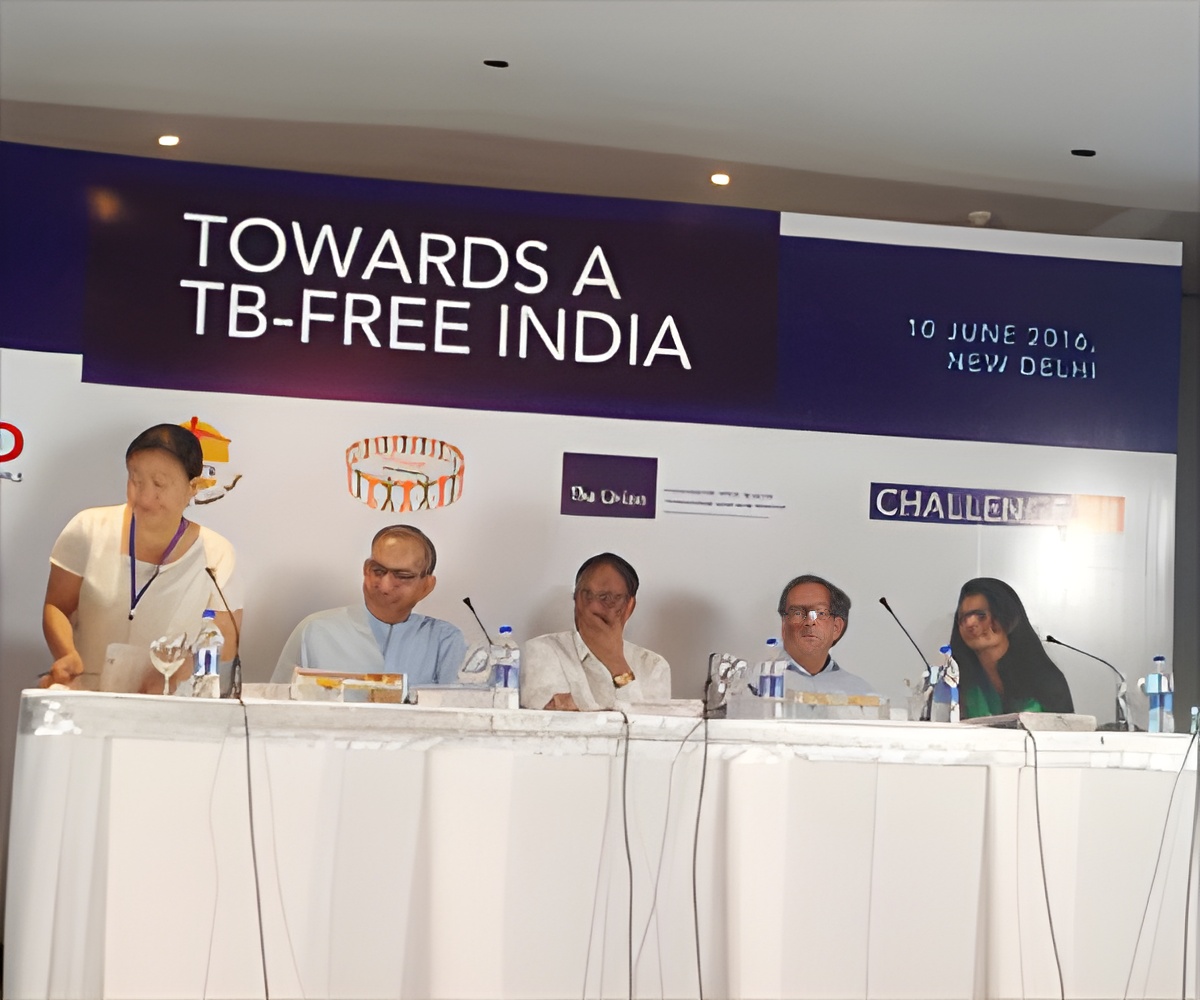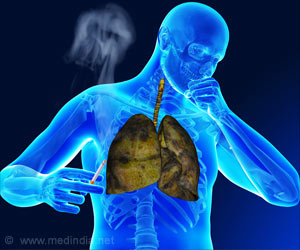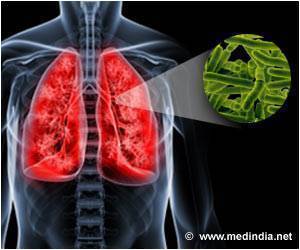The goal of universal access to tuberculosis treatment in the private sector can be achieved with public-private partnerships, and various public health programs.

‘Under-nutrition and active tuberculosis, nutritional support should be an integral part of TB care in India. Women are at a higher risk than men to get active tuberculosis.’





Drug Stock-Outs Must EndDuring the conclave, The Delhi Network of Positive People (DNP+) raised the issue of non-availability of Rifabutin in Baghpat town of UP for a TB/HIV co-infected patient on 2nd line ART. She was advised by her treating doctor on 5th May to continue ATT with Rifabutin. Despite adequate stock of Rifabutin Capsules available in the state as on 30th April 2016, she could get the medicine only on May 11, 2016 and that too after DNP+ relentlessly followed the matter with Central TB Division for over 3 weeks. An earlier report from Bihar said that patients there have to wait for 3-4 months to get initiated on 2nd line ART, and then collect the drugs from Patna. They have to go to Varanasi to get their viral load testing done as there is reportedly no center in Bihar where this is done free.
Acknowledging that these systemic issues need to be addressed, Dr Jagdish Prasad, Director General Health Services, blamed political apathy (in states like UP and Bihar), and lack of monitoring for improper implementation of the Revised National TB Control Programme (RNTCP). He said that one cannot rely wholly on state governments to implement the national program, and CSOs will have to step in to reduce this gap and also help government to reach the unreached and marginalized populations.
Important Policy Changes
Prasad also listed some recent policy changes made in the RNTCP:
- Introduction of rapid diagnostic CB-NAAT test in all districts;
- Daily TB drug regimen for TB/HIV co-infected patients; and
- Introduction of Bedaquline under conditional access programme.
Advertisement
Dr Reuben Swamickan, Senior Advisor, Tuberculosis and Infectious Diseases, USAID appealed to the CSOs to not just air the problems, but help in finding solutions as well. Solutions will come from the communities themselves.
Advertisement
Ms Rosenara Huidrom, Associate Director, India HIV/AIDS Alliance registered at ART centers with care and support services and linked 40% of them with social security schemes. Moreover, over 70000 family members were referred for HIV testing, out of which 5680 tested positive and were linked to ART centers. 174267 lost to follow-up cases were tracked and returned to ART centers. Nearly 26,0000 PLHIV were screened for TB, over 12% of whom tested positive and were linked to TB treatment.
Money Remains Critical
A critical missing element is funding. India currently spends only 1.2% of its GDP on health. This is one of the lowest per capita investments by any country in the world. This under-investment in health is clearly reflected in India's TB budget. Ms. Kavita Ayyagari, Project Director- Challenge TB, The Union, said that while India needs $788 million for a full response to TB prevention, current spending is rightly remarked that unless government decisions are translated into timely action at ground level, we cannot end TB. CSOs can assist in early detection, treatment supervision, prevention of TB transmission and addressing social determinants. MDR-TB survivor, Deepti Chavan, shared her tenacious fight against the disease. Coming from a middle-class family of Mumbai, Deepti was diagnosed with MDR-TB at the age of 16 years. After 6 rigorous years of medication and two major surgeries, she finally emerged a winner. From her personal experience, she said that an MDR-TB patient needs not only medicines, but also proper nutrition and constant emotional support from the family/society to be able to complete treatment successfully.
While the government can be the enabler of TB services, it cannot be the sole provider. It alone cannot tackle the TB monster. CSOs can act as intermediaries between the government and the beneficiaries. A vibrant CSO network and informed community participation will tremendously improve the reach and quality of services. While we need more powerful TB community voices, the future lies in all stakeholders working together to ensure early and accurate diagnosis, correct treatment, treatment adherence and economic support to affected people. There will have to be a better connect between the corridors of power and ground realities. Alone we can do so little, but together we can do much. TB is a battle we need to fight together.
Source: Shobha Shukla, Citizen News Service (CNS)















